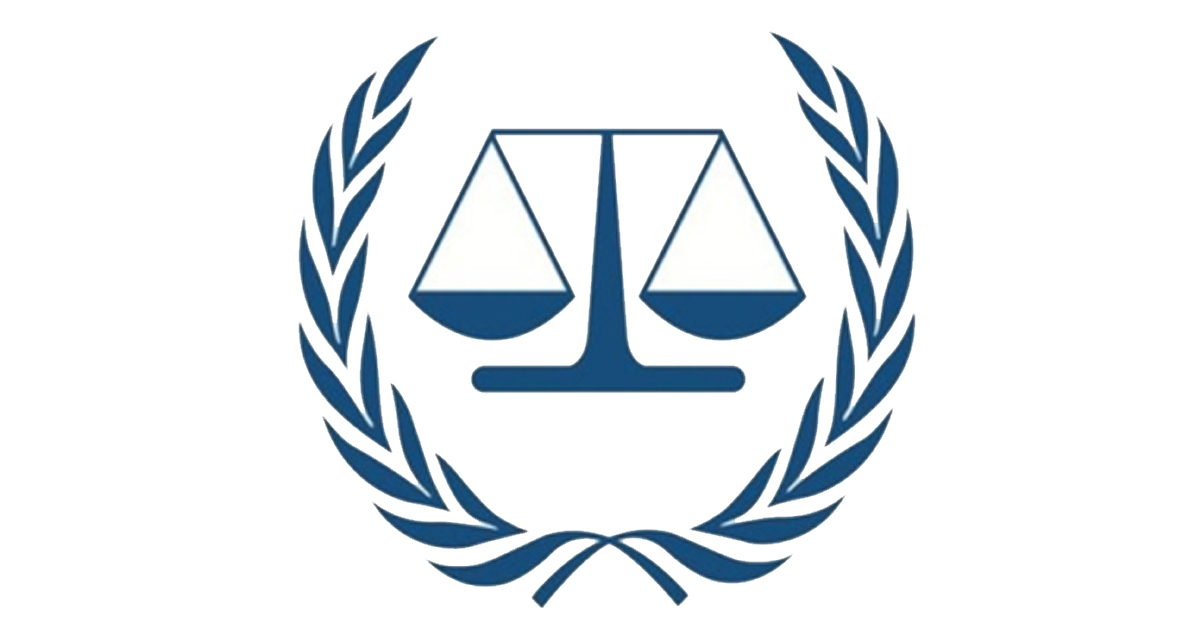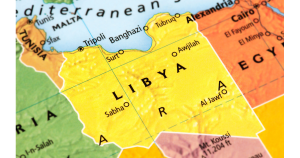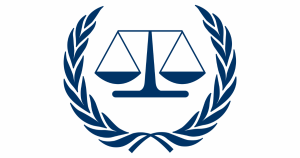*Highlights*:
- The Presidency and the Bureau of the ASP should release the names of the fourteen “most highly qualified candidates” already selected and vetted by the CEP with the support of the POE, with the consent of the individuals concerned;
- The CEP should make public its assessment of the fourteen candidates, including making public the considerations that led it to its (now unfortunatelty controversial) further selection of four;
- States Parties should refrain from unilaterally nominating candidates who have not gone through the initial CEP selection and vetting process and seek consensus around one of the fourteen candidates.
No Peace Without Justice joins 11 other civil society organisations to call for a transparent, merit-based process free from political influence in the election of the next Prosecutor of the International Criminal Court.
NPWJ had welcomed the establishment of the Committee on the Election of the Prosecutor (CEP) and Panel of Experts as a process that could guarantee greater transparency and ensure that competency rather than vote-trading would guide the selection of the next ICC Prosecutor.
With the support of a Panel of Experts, the CEP narrowed down a list of 89 candidates who completed full applications to a list of fourteen “most highly qualified candidates”. The CEP has also reported that all fourteen candidates went through a vetting process, including in respect of “high moral character” and histories of work misconduct, which “did not disclose any disqualifying information”. In June, the CEP further narrowed down the selection to four candidates, who took part in a Public hearing with questions posed to each candidate on a range of topics by States Parties and civil society.
The opacity of this further selection, the rumours and indiscretions on possible reasons why some of the other ten candidates were excluded, and the lack of clarity on the criteria used, has thrown into question the objectivity and integrity of the entire process. Instead, there have been allegations that the CEP deviated from their terms of reference, for example by adding a so-called “new blood” criterion at the urging of some States, or that the four selected candidates were selected so as to pigeonhole States Parties into a single choice, or that one or more of the other ten candidates were excluded due to rumours and innuendos about their sexual orientation or history.
This ensuing controversy and the widely shared assumption that one or more of the supposed fourteen candidates were excluded for reasons other than the objective criteria set out in the CEP Terms of Reference have been extremely damaging to the credibility of the selection process. It has been unfair to the four candidates selected, each of whom are very highly qualified and competent for the position and would no doubt be well placed to take the reins of the Office of the Prosecutor, as well as to the those presumed to be among the ten candidates excluded, whose identity has not been disclosed to States Parties. Ultimately, it has resulted in States Parties failing to reach consensus and repeatedly extending the nomination period, despite the best efforts of the ASP President.
Most importantly, the controversy is damaging to the credibility and legitimacy of the future Prosecutor, and of the ICC itself at a time in which the institution is under enormous political pressure. Instead of contributing to building support for whoever will eventually be elected Prosecutor through greater transparency and legitimacy, the CEP further selection process has put the CEP process under a cloud of suspicion which is antithetical to its purpose.
However, the very valuable and important work of the Committee on the Election of the Prosecutor and of the Panel of Experts in their assessment of the statutory competencies required to occupy the position of Prosecutor, should be preserved and put to good use, irrespective of the controversy raised by the process the CEP adopted in further narrowing down that list to four candidates.
No Peace Without Justice urges the Presidency and the Bureau of the Assembly of States Parties to allow the release of the fourteen names originally selected and vetted by the CEP (with permission from the concerned individuals).
We further urge States Parties to seek consensus around one of the fourteen candidates who have already been identified by the CEP and the POE as the most highly qualified, who have already passed the CEP vetting process, and to refrain from unilaterally nominating candidates who have not gone through the initial CEP selection and vetting process.
To that end, as called for also in the joint civil society statement, the CEP should “make public its assessment of any candidates who will be under further consideration, including why the CEP declined to advance these individuals”, in order to lift the veil of secrecy and shine the light of accountability on the CEP’s decisions.
For further information, contact Alison Smith, Director Of International Justice, on asmith@npwj.org or Nicola Giovannini, Press & Public Affairs Coordinator, on ngiovannini@npwj.org org.




